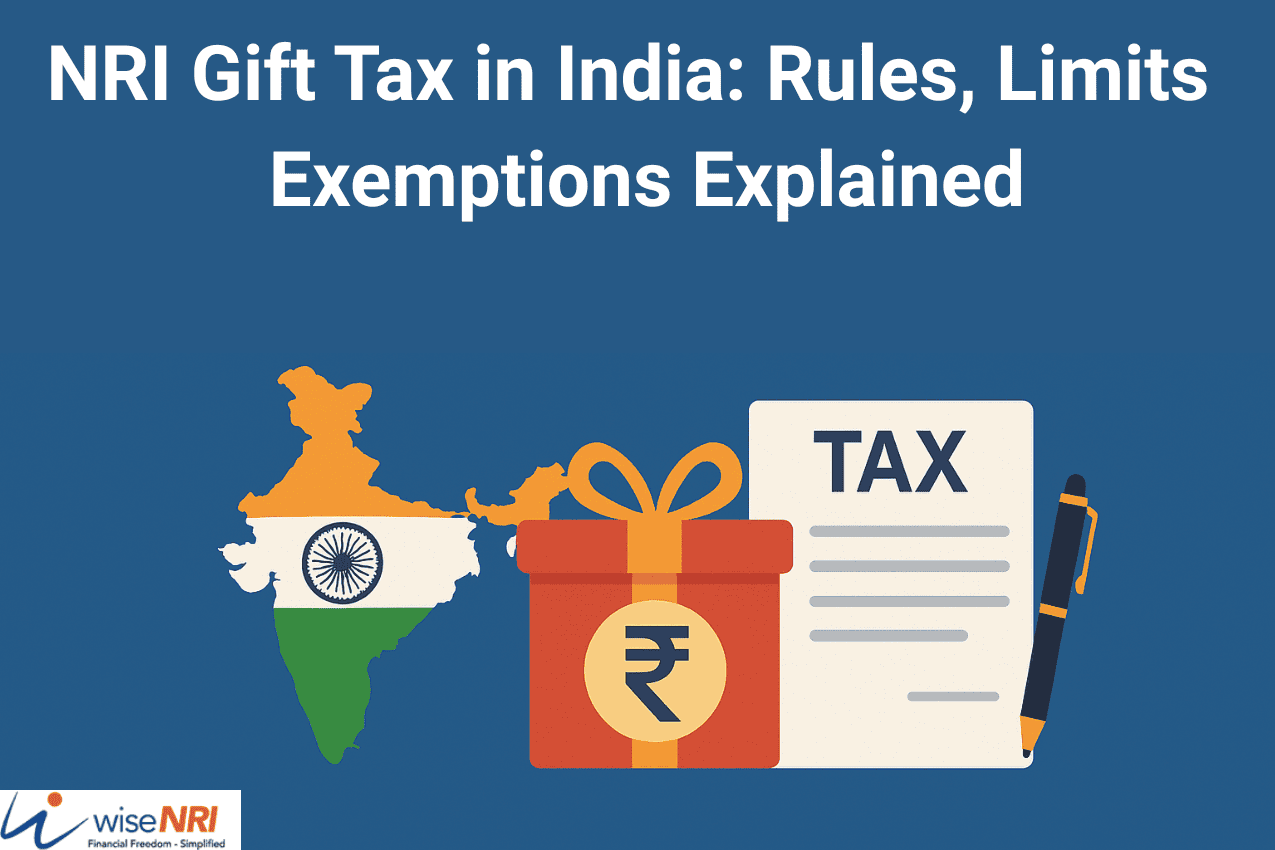Gifting property, shares, or any other asset to your spouse may sound like a straightforward way of transferring wealth within the family. But when it comes to taxation, the law has a few clear rules that every couple must understand.
No Capital Gains Tax on the Gift Itself
The Income Tax Appellate Tribunal (ITAT) has clarified that a gift of property or shares to your spouse will not attract capital gains tax at the time of transfer. Since the gift is not treated as a “sale,” no immediate liability arises.
Also Read:-Homebuyers Can Now Enjoy Tax Benefits on Two Owned Properties
But Income From the Gifted Asset Is Taxable
Here’s the catch: any income generated from the gifted property—like rent, dividends, or even capital gains from a later sale—will be clubbed with the donor’s income. This means the person who made the gift is still responsible for paying tax on the returns, not the recipient spouse.
This stems from Section 64(1)(iv) of the Income Tax Act, 1961, which clearly states that if an asset is transferred to a spouse without adequate consideration (meaning no or minimal payment in return), the income from it must be added back to the transferor’s taxable income.
As tax expert Kunal Savani, Partner at Cyril Amarchand Mangaldas, explains:
“Simply executing a registered gift deed does not shift the liability. The capital gains or income will still be taxable in the hands of the person making the gift.”
Claiming Exemptions Under Section 54
If you sell a property, the law allows you to reinvest the proceeds to save on capital gains tax. Options include:
- Buying a residential property one year before or two years after the sale.
- Constructing a house within three years of the sale.
By default, you can reinvest in only one residential property. However, if your long-term capital gains are below ₹2 crore, you can reinvest in two properties, though this special benefit is available only once in a lifetime.
What If the Gifted Property Is Later Sold?
Even if your spouse sells the property that was originally gifted to them, the capital gains are still taxable in your hands (the transferor). You can, however, claim exemptions under Section 54, provided you meet the conditions.
Also Read:-What Are The Government Taxes on Property Purchase in Mumbai
ITAT’s Key Ruling on Multiple Flats as “One House”
In a separate case, ITAT Delhi dealt with the exemption claim of Saroj, who sold her Delhi home in 2015–16 for ₹2.7 crore and used ₹2.55 crore to buy seven flats in Greater Noida.
- The Income Tax Department initially denied her full exemption, allowing only ₹36 lakh and taxing the rest.
- Saroj appealed, and ITAT ruled in her favour, deleting the additional ₹1.8 crore demand.
The tribunal held that multiple flats can qualify as one residential unit if they are interconnected and function as a single house for the family.
Tax specialist Vikrant A. Maheshwari, Principal Associate at DMD Advocates, notes:
“A claim will hold only if the flats are part of a single unit. If the properties are far apart and can’t reasonably function as one home, the exemption won’t apply.”
Documents like builder’s plans or architectural layouts are crucial to establish this intent.
Also Read:-What Is GST on Under‑Construction Property in 2025?
Takeaway
- No capital gains tax on gifting property to your spouse.
- Income from the gifted asset is still taxable to the donor.
- Capital gains exemption available if reinvested properly, with limits.
- Multiple flats may qualify as one house for exemption, but conditions apply.
Understanding these nuances can help you plan smarter when transferring wealth within your family.







